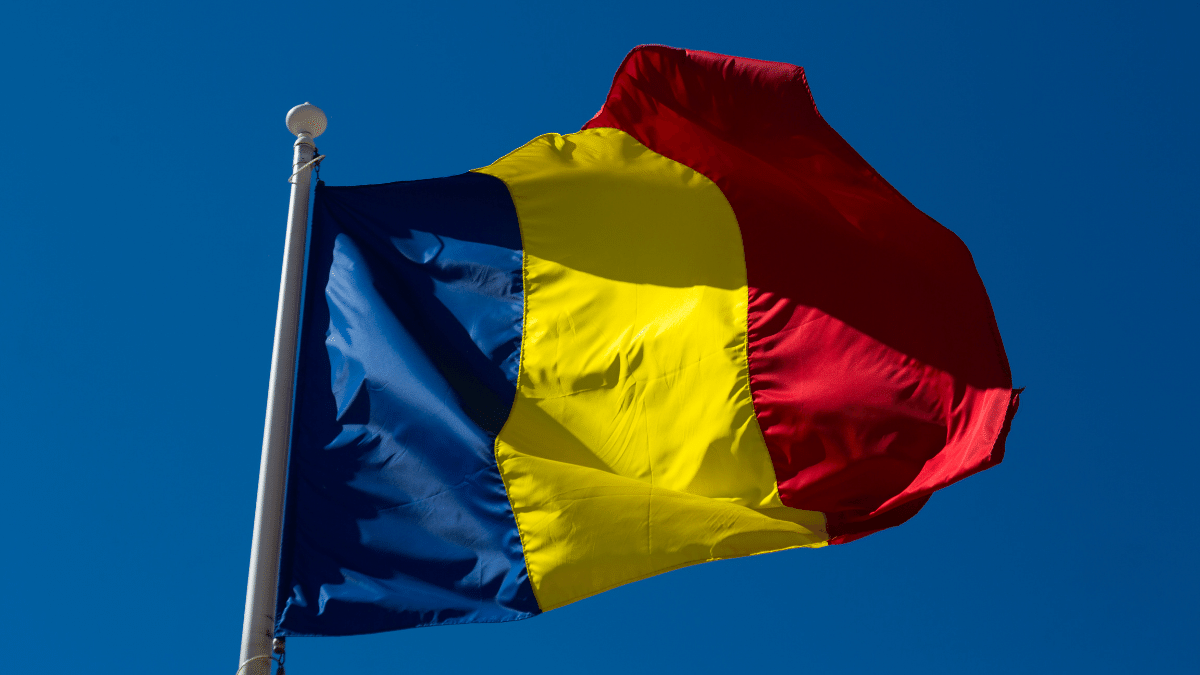Romania’s Continued Struggles with Academic Integrity

A report yesterday on the Radio Free Europe/Radio Liberty (RFE/RL) website takes a deep dive into Romania’s history with academic integrity. According to the report, even in 2022, the country is having widespread issues with cheating, plagiarism and academic integrity broadly.
The report begins and ends with a man named Mihai Costache (not his real name), who remembers widespread cheating and copying in his high school classrooms. Noting that he often knew all the questions that would be on a test, that he was heavily encouraged to copy from books and that teachers would both passively and actively enable cheating to ensure their students got good grades.
While that may not be a shock unto itself, Costache claims that very little has changed for his daughter, who is now in high school herself. This includes blatant copying from the internet without any repercussions.
This comes at a time when schools in Romania are working to try and turn around the reputation for being havens of cheating. However, as the article highlights, those changes only began in earnest about 10 years ago and are facing many obstacles along the way.
A Very Public Problem
Romania’s issues with plagiarism and cheating are not limited to the classroom. They have repeatedly been thrust into the international stage.
Just last month, new Romanian Prime Minister Nicolae Ciucă faced accusations that he plagiarized a third of his doctoral thesis. Before that, in 2017, Mihai Tudose was named Prime Minster of the country though he faced prior allegations of plagiarism in his 2010 dissertation. Before that, sitting Prime Minister Victor Ponta faced similar allegations in 2012.
All three men lost or surrendered their degrees over the matter.
According to the article, many of the problems in Romanian academia can be traced to a 24-year span between 1965 and 1989 where the country was headed by Nicolae Ceaușescu, a communist dictator.
Under his rule, education pivoted to focus more on rote learning and there was little emphasis on originality. Ultimately, people were graded on how well they recited what they had read or heard.
However, these issues did not disappear in 1989 when Ceaușescu was deposed in a revolution. If anything, the issues got worse. According to the report, some 331 doctorate degrees were awarded in Romania in 1990. By 2012, that number had risen to 6,259.
As more and more people sought higher degrees to further their careers and the political positions, the education system was doing little to weed out those that were committing plagiarism or otherwise taking shortcuts.
That, in turn, led to many of the embarrassing plagiarism scandals that have rocked the country in recent years.
Trying to Turn the Page
However, Romania began to make significant answers to address the issue around the early 2010s. One step was to introduce cameras into exam rooms. This cause the pass rate of one crucial exam to fall from 80% to 50%.
Another was acquiring and using plagiarism detection software and using it to scan student papers regularly.
However, those efforts are met with challenges. The Romanian language is not supported by some tools and, even when it is, many schools are opting for low-cost solutions that are largely ineffective.
But even the best technology is useless if teachers, who came up in a very permissive academic environment, are recreating that atmosphere for their students. Changing habits and methods is difficult, especially when one is trying to move to a more restrictive climate.
To make matters worse, schools that are working to implement ethics classes and draft better policies are finding few resources. According to Marian Popescu, chairman of the University of Bucharest’s Ethics Commission, many of those resources date to the 1940s, approximately 80 years ago.
Correction: Marian Popescu reached out and clarified the point. They said that, in Romania, they taught ethics based on textbooks even in 1941 and have just now gotten around to reintroducing courses on the subject. She also clarified that she was the President of the Ethics Committee between 2012 and 2016. Thank you very much for the correction and clarification!
In short, schools are having to start from scratch, a problem they lament should not exist in 2022.
A Long Road Ahead
But even if schools and universities could just flip a switch and change both the culture and the academic environment, the problem would not be over.
There are decades of questionable degrees that have already been awarded. The recipients of those degrees are in every facet of Romanian life including the upper echelon of their government. As we’ve seen time and again, those degrees keep coming back to bite not just the person, but the country.
As the country struggles to turn around its academic integrity issues, it’s going to be a multi-decade process just to make the needed changes. However, even after those changes are made, it will be another multi-decade process to restore the country’s reputation.
This is incredibly frustrating and unfair, especially to the students and teachers that are working hard and producing ethical material. Their hard work is sullied by those like Ciucă and Ponta, who exploited a permissive system for their personal gain.
However, that is exactly what happens and that is why academic integrity is so important. By ensuring that all degrees are earned honestly, it means the efforts of all degree-holders are respected and trusted.
Romania is on a path to get to that point, thanks to the hard work of those in the system trying to turn things around, but it will be a long, difficult road, that may take many decades to get where it is going.
Bottom Line
Romania’s situation is not that unique. There are many other nations that either are facing or have faced similar issues.
However, dealing with these scandals and working to rebuild the education system means that things might finally start to improve. However, the fruits of that improvement won’t be seen for a very long time.
In the end, the country has done a lot of work on this issue, but it has a lot of work ahead of it too. However, the bulk of that work has to be done on the ground, in individual schools and classrooms. Such a major shift in education doesn’t happen from the top down, it has to come from the bottom up.
If it can do that, there will likely be a lot fewer Ciucăs and Pontas in the country’s future.
Want to Reuse or Republish this Content?
If you want to feature this article in your site, classroom or elsewhere, just let us know! We usually grant permission within 24 hours.
